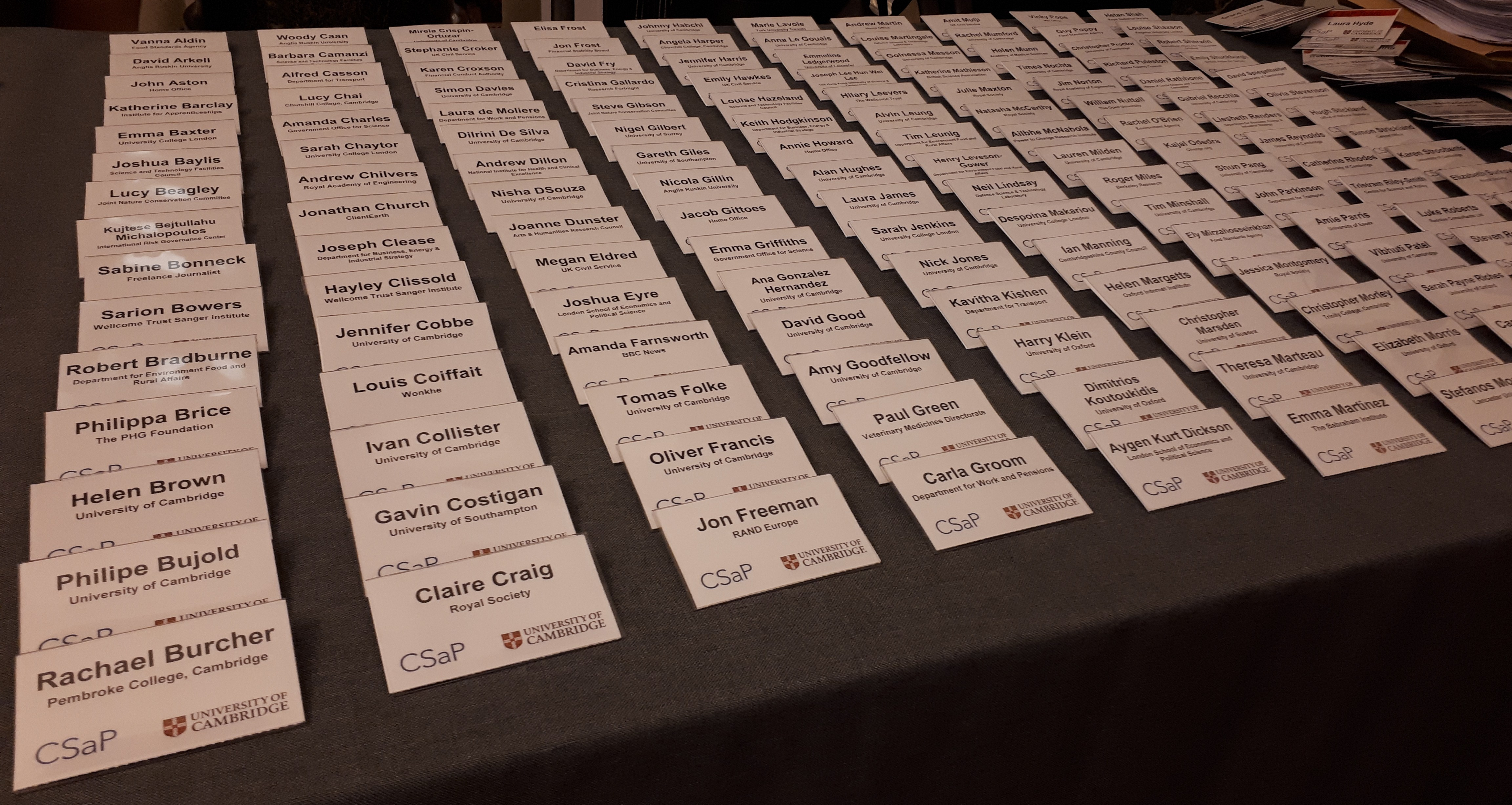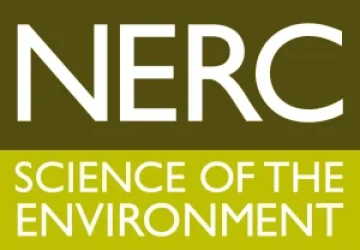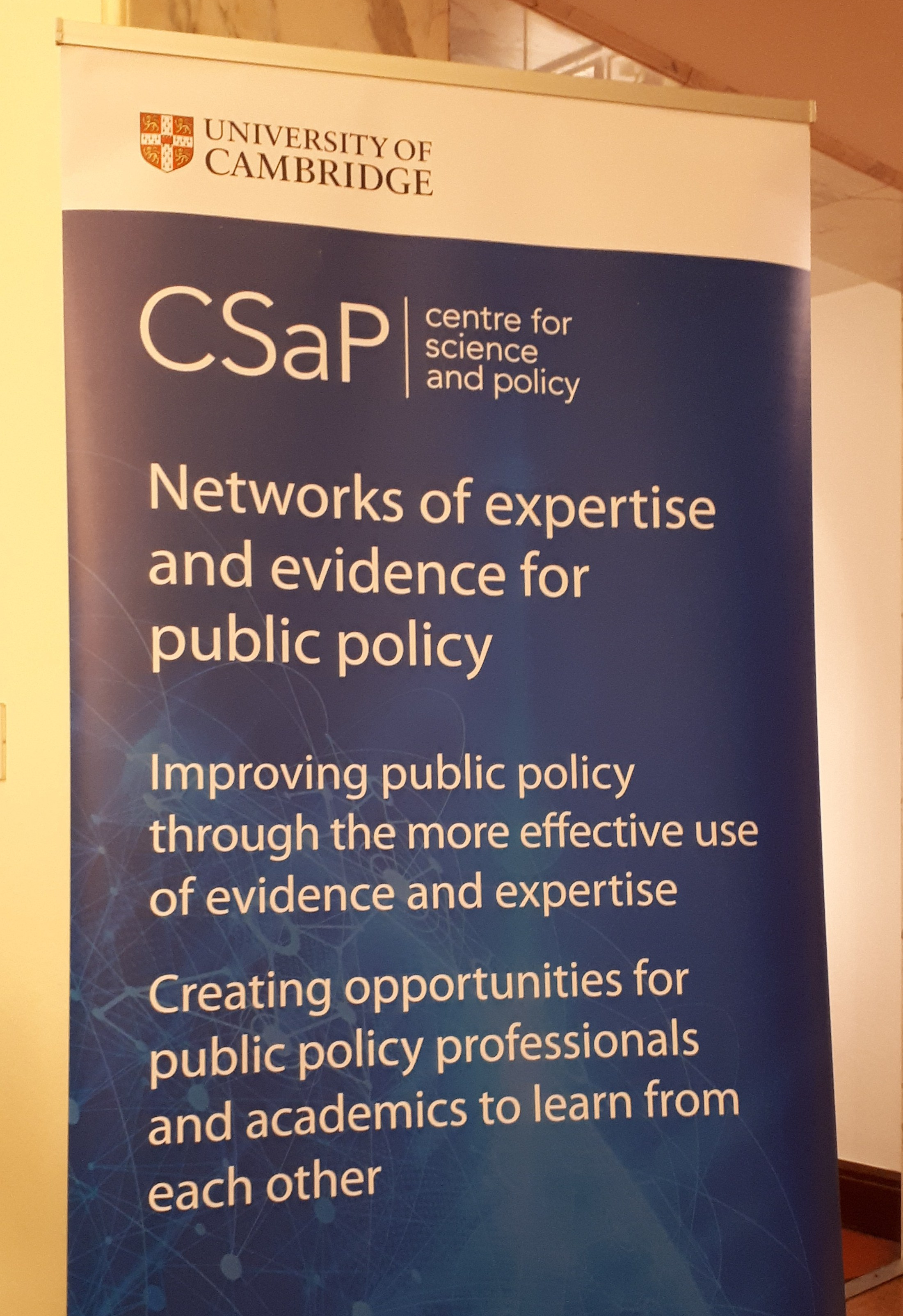By Helen Brooks, Second Year PhD in Geography
What are the real world applications of your research? Just one of those questions that, as researchers, many of us get asked only too often. For some, the immediate relevance is obvious, but for others, less so.
In recent years, there has been a real drive to show “Impact” of scientific research, i.e. to show that the research has influenced policy, stakeholders, or even the public’s attitudes towards, and understanding of, a particular topic.
Scientists have also realised the need for communicating science to the public. Research is often publicly funded, particularly in the environmental sciences, and so it seems logical that the public should be able to access and understand major research project outcomes. This can be through reading news articles, listening to radio broadcasts, attending outreach events, or even through open access to articles on the internet.
Improved research impact often requires better understanding of the policymakers’ interests, while effective science communication relies on the appeal of the research to the public and a clear take-home message, particularly if this puts the results into a real-world context.
As a NERC (Natural Environment Research Council) funded PhD student, there is the opportunity to apply to the UK Research and Innovation Policy Internships Scheme. Successful applicants can then spend three months working at one of many influential policy institutions in the UK. I chose to spend my time at the Centre for Science and Policy (CSaP), a small, welcoming, organisation based here in Cambridge.
CSaP’s aim is to initiate and encourage links between academics and policymakers. CSaP organises roundtable discussions on key research topics, bringing together highly relevant academics and policymakers. However, the heart of CSaP is the policy fellowship scheme. Under this scheme, policymakers and practitioners can apply to become ‘policy fellows’. Policy fellows then compile a list of questions to which they are seeking answers, then CSaP sets up meetings with relevant academics. This generates links between science and policy, often between disciplines and research topics which would not previously have been thought to be linked.

While at CSaP I helped to organise a roundtable discussion on small urban green spaces and I wrote a report summarising the current state of research on the topic. The report was really interesting to write and I am now able to search efficiently for relevant information, then write it up concisely (I’m hoping that this will make thesis writing that little bit easier!). I also spent time writing news articles on events that I attended and I interviewed current and former policy fellows about their experience, which even involved a meeting at the Bank of England! By working closely with policymakers, I gained a valuable insight into how the Government works, and the role of civil servants.
I’d definitely recommend the policy internships to others-it provides you with an opportunity to write for a different audience, but also gives you insight into an alternative career path. My internship really made me think about how my research is relevant to policymakers, what I can do to make it more relevant, and how best to communicate my research.


